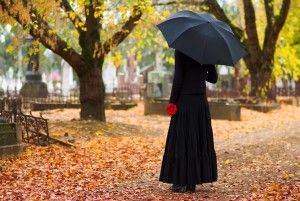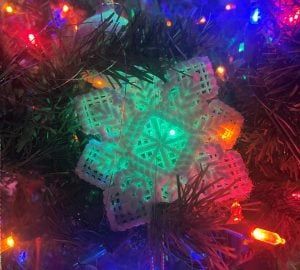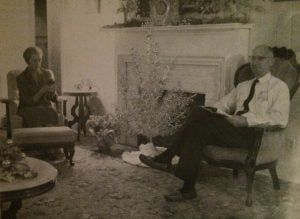With Dignity and Honor
 Growing up I was always jealous of my friends’ parents and what they did for a living. I mean, come on. One of them had a car dealership so guess who got to drive the newest, bestest vehicle on the lot? If there was a clothing store affiliation, there were, of course, new clothes in the latest styles—and shoes were the same way.
Growing up I was always jealous of my friends’ parents and what they did for a living. I mean, come on. One of them had a car dealership so guess who got to drive the newest, bestest vehicle on the lot? If there was a clothing store affiliation, there were, of course, new clothes in the latest styles—and shoes were the same way.
We had a funeral home.
The only thing a funeral home provided for a teenager was a constant source of aggravation. It did come in handy when we had to have an insect collection and everyone else was going to the drug store for the chemical needed to make their “killing jars”. I could just use stuff out of the prep room. (Note to self . . . do not smell of it just to see what it’s like.) As an aside, I made the mistake of watching one after I placed it in the jar. From that point forward, I searched the area for already deceased bugs. Needless to say, I had a very small collection.
As I aged, the funeral home provided a job and I began to realize maybe it wasn’t such a bad legacy to have. Granted, they didn’t buy me a new car or offer me new clothes (we’ll have no cracks about burial garments being split up the back) or shoes (which I don’t like very much anyway), but when Death came to visit our family, it was a different story. I’m not talking about a free casket or the best vault available . . . I’m referring to the last thing we could ever do for one of our own.
When my uncle died, my father and brother drove to Bolivar and performed the task of embalming his body. And when my parents died, my son was the one who tended to their remains. At a time when it truly mattered, family took care of family. With reverence and love and respect, they closed the eyes that had watched them throughout their lives. They positioned the hands that reached out to them . . . cleaned and prepared the body that provided a home for the spirit of someone they loved deeply and would miss forever—someone who helped make them the person they were. And those of us who could not perform that task saw to the details of their service, planning and preparing for that last farewell.
There are those in this world who will tell you the body doesn’t matter because the person they knew isn’t there anymore, and in one respect they are right. At death a portion of that person ceases to exist as we knew them, but their body remains. That body is the physical manifestation of their lives, the vehicle in which they lived and breathed and cared for those around them. It is the picture that springs to mind when you close your eyes and think of them, the picture that we never want to lose as the years proceed without them. To care for those remains after death is an honor, a duty, an obligation—and a blessing when it is one of your own. It is the last act of service we can perform, allowing us to recognize their importance in our lives and the pain that comes with their absence. It allows us to escort those remains from life to their eternal resting place with dignity and reverence. And I’ll take that over the newest and bestest car on the lot any day of the week.
The post With Dignity and Honor appeared first on Shackelford Funeral Directors | Blog.












